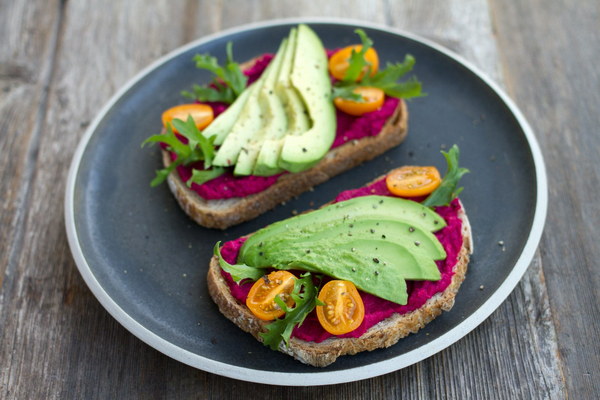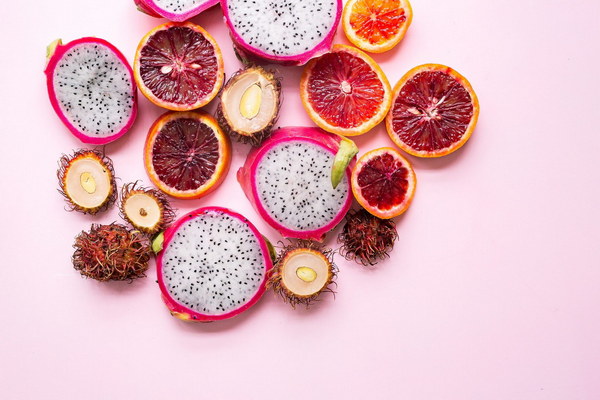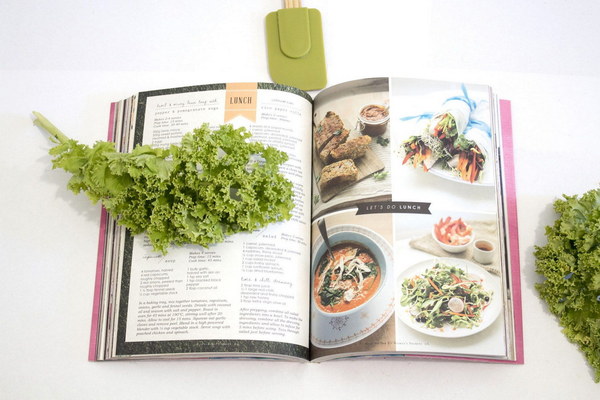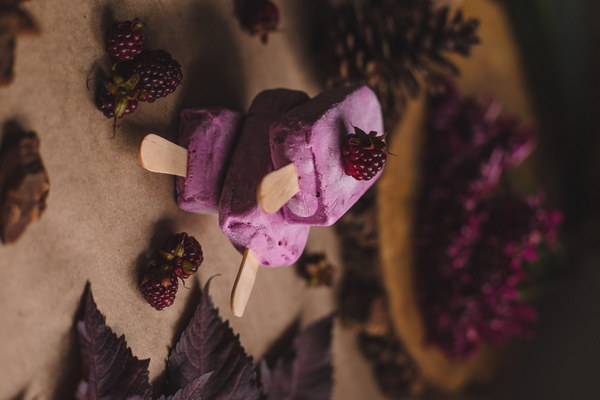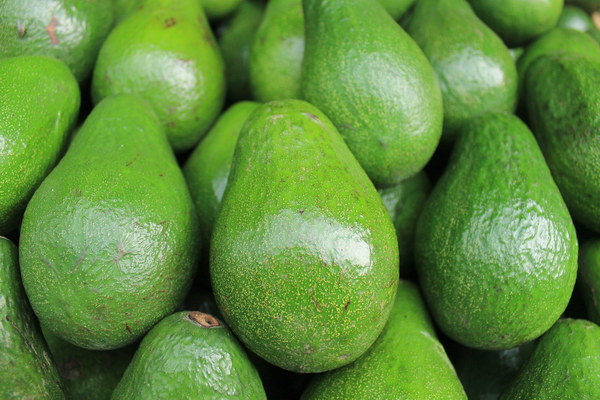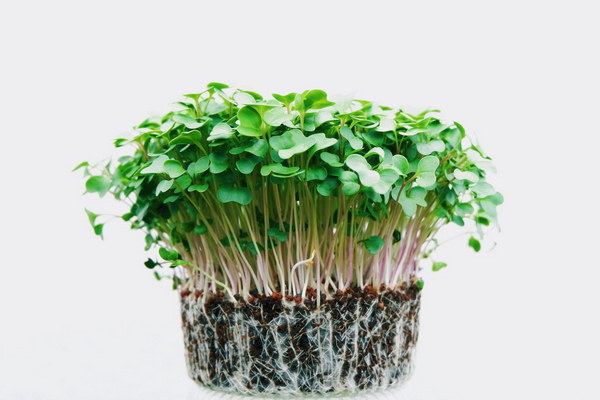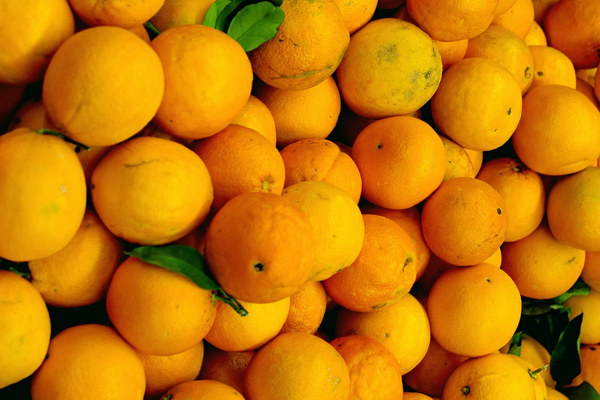Revitalize Your Health The Ultimate Blood and Kidney Nourishing Soup Recipe
Are you feeling exhausted, with low energy levels, and struggling with poor health? If so, you might be in need of a natural remedy to boost your vitality and improve your overall well-being. The Blood and Kidney Nourishing Soup is a traditional Chinese recipe that has been used for centuries to revitalize and strengthen the body. This article will introduce you to the benefits of this soup and provide you with a step-by-step recipe to prepare it at home.
The Blood and Kidney Nourishing Soup is a herbal concoction that aims to address common issues related to blood deficiency and kidney weakness. It is believed to enhance blood circulation, improve immune function, and boost energy levels. The soup is particularly beneficial for individuals who suffer from fatigue, weakness, anemia, or those looking to enhance their overall health.
Here's a detailed recipe for the Blood and Kidney Nourishing Soup:
Ingredients:
1. 1 whole chicken (about 2-3 pounds)
2. 1 tablespoon of goji berries (washed)
3. 10-15 dates (washed)
4. 10 slices of ginger
5. 2-3 pieces of Chinese yam (washed and peeled)
6. 1/2 teaspoon of Angelica sinensis (Dang Gui)
7. 1/2 teaspoon of Astragalus membranaceus (Huang Qi)
8. 1/2 teaspoon of Codonopsis pilosula (Dang Shen)
9. 1/2 teaspoon of Cinnamomum cassia (Rou Gui)
10. 1/2 teaspoon of Polygonum multiflorum (He Shou Wu)
11. 1 teaspoon of Chinese wolfberry (Lu Jiao Berries)
12. 1 teaspoon of Alisma orientale (Ze Xie)
13. 1 teaspoon of Atractylodes macrocephala (Bai Zhu)
14. 1 teaspoon of Poria cocos (Fu Ling)
15. 1 teaspoon of Rehmannia glutinosa (Shu Di Huang)
16. 1 teaspoon of Chinese saffron (Yu Jin)
17. 1 teaspoon of Chinese licorice root (Gan Cao)
18. 1 teaspoon of Cimicifuga foetida (Chuan Niu Xi)
19. 1 teaspoon of Salvia miltiorrhiza (Dan Shen)
20. 1 teaspoon of Scutellaria baicalensis (Huang Qin)
21. 1 teaspoon of Angelica sinensis (Bai Zhi)
22. 1 teaspoon of Panax notoginseng (San Qi)
23. 1 teaspoon of Siler (Huang Qi)
24. 1 teaspoon of Astragalus membranaceus (Huang Qi)
25. 1 teaspoon of Cimicifuga foetida (Chuan Niu Xi)
26. 1 teaspoon of Eucommia ulmoides (Du Zhong)
27. 1 teaspoon of Morus alba (Sang Ye)
28. 1 teaspoon of Alisma orientale (Ze Xie)
29. 1 teaspoon of Atractylodes macrocephala (Bai Zhu)
30. 1 teaspoon of Poria cocos (Fu Ling)
31. 1 teaspoon of Rehmannia glutinosa (Shu Di Huang)
32. 1 teaspoon of Chinese saffron (Yu Jin)
33. 1 teaspoon of Chinese licorice root (Gan Cao)
34. 1 teaspoon of Cimicifuga foetida (Chuan Niu Xi)
35. 1 teaspoon of Salvia miltiorrhiza (Dan Shen)
36. 1 teaspoon of Scutellaria baicalensis (Huang Qin)
37. 1 teaspoon of Angelica sinensis (Bai Zhi)
38. 1 teaspoon of Panax notoginseng (San Qi)
39. 1 teaspoon of Siler (Huang Qi)
40. 1 teaspoon of Astragalus membranaceus (Huang Qi)
41. 1 teaspoon of Cimicifuga foetida (Chuan Niu Xi)
42. 1 teaspoon of Eucommia ulmoides (Du Zhong)
43. 1 teaspoon of Morus alba (Sang Ye)
44. 1 teaspoon of Alisma orientale (Ze Xie)
45. 1 teaspoon of Atractylodes macrocephala (Bai Zhu)
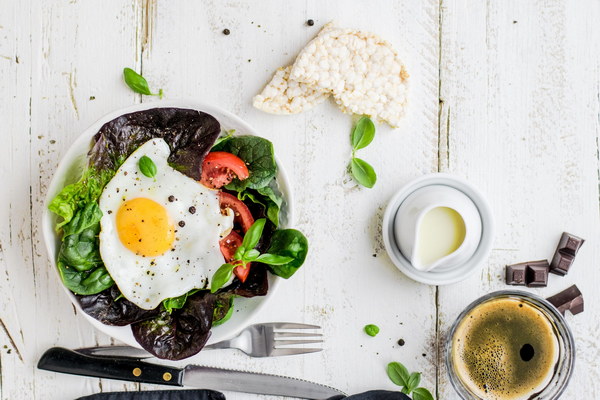
46. 1 teaspoon of Poria cocos (Fu Ling)
47. 1 teaspoon of Rehmannia glutinosa (Shu Di Huang)
48. 1 teaspoon of Chinese saffron (Yu Jin)
49. 1 teaspoon of Chinese licorice root (Gan Cao)
50. 1 teaspoon of Cimicifuga foet
